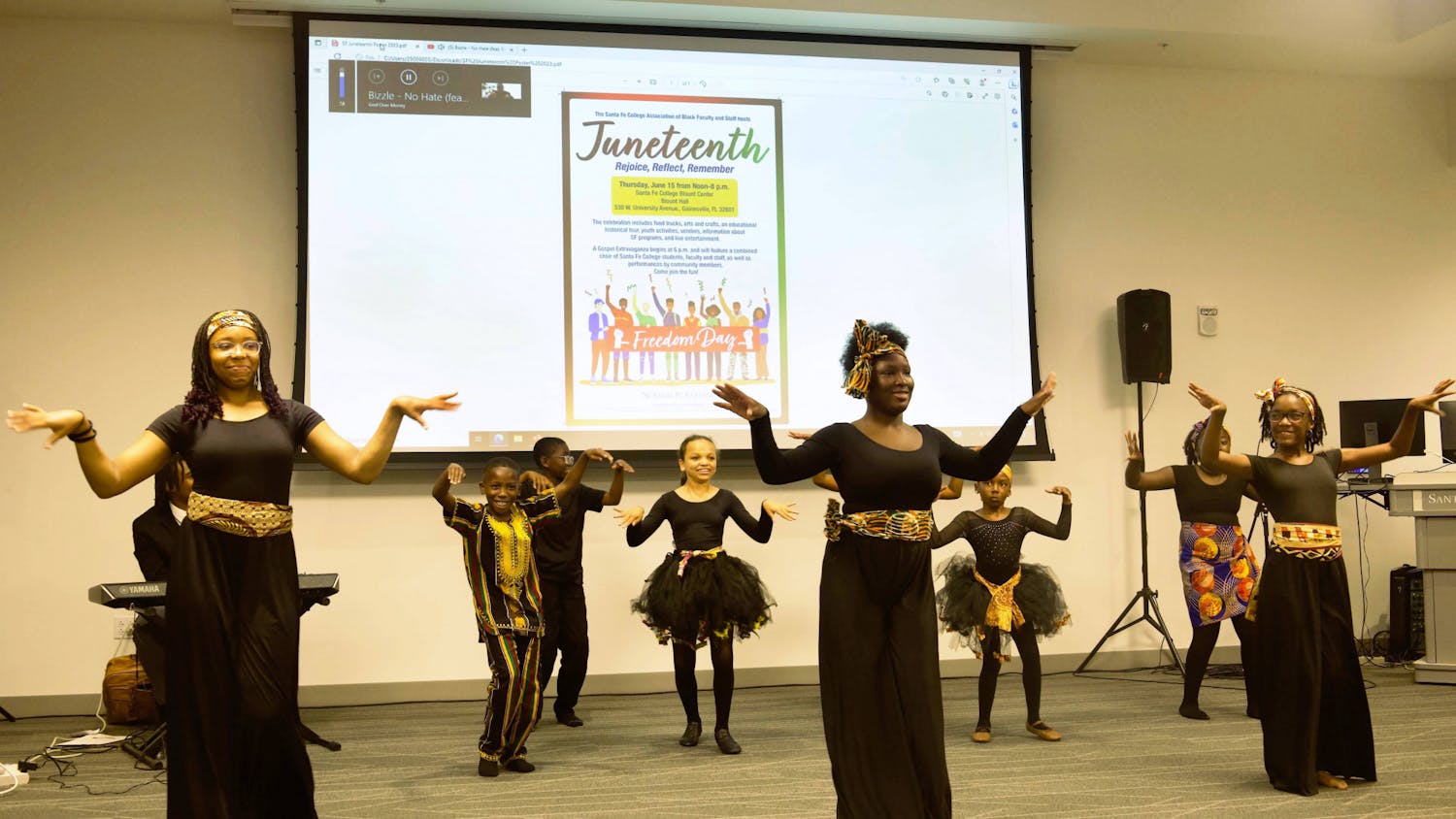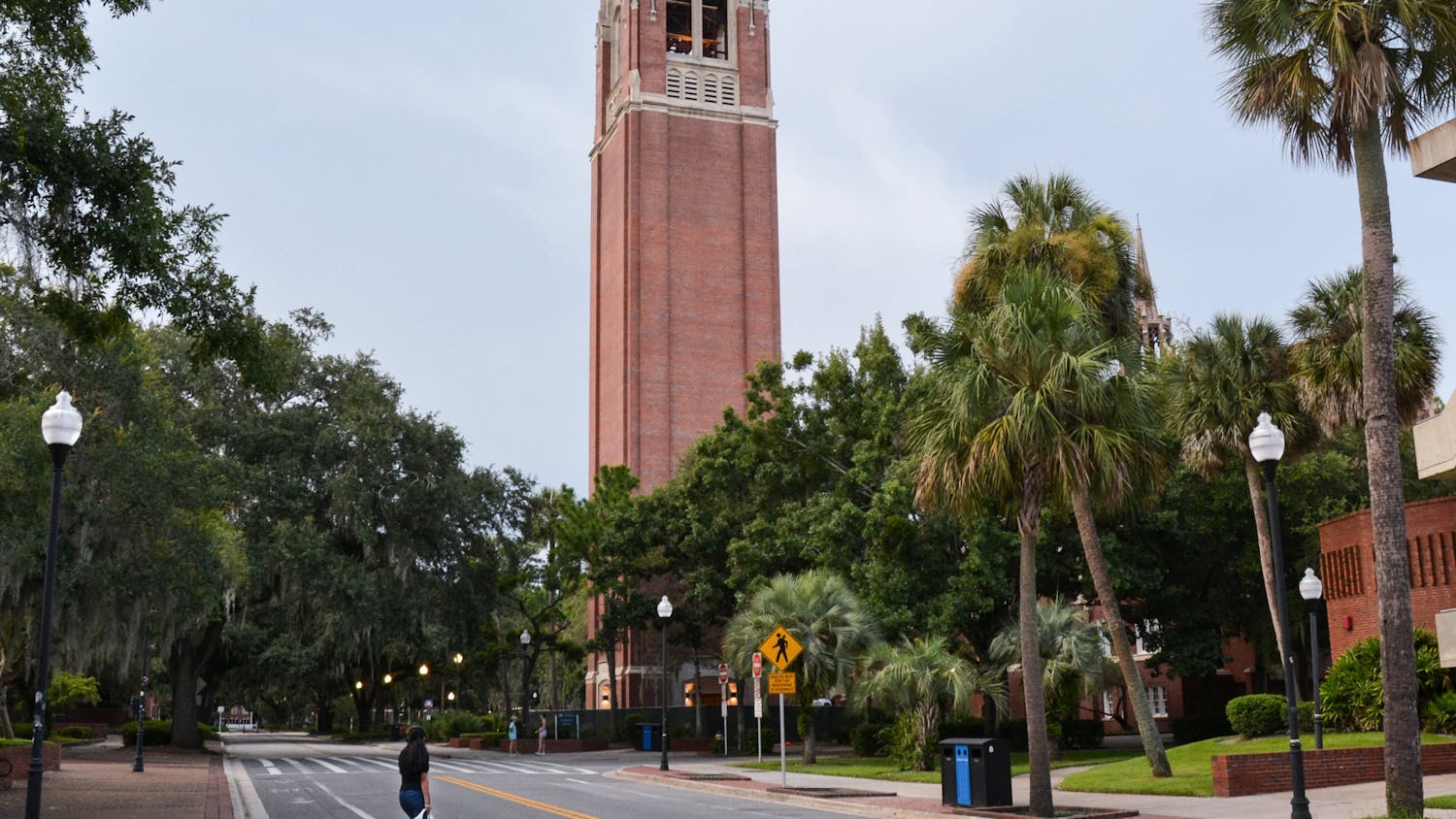After 18 days of shouting, Egyptians could finally cheer Friday as President Hosni Mubarak transferred power to the military, ending his nearly 30-year reign.
Although the nation’s future remains uncertain, it is a time of celebration for many Egyptians living across the globe, including those in Gainesville.
For Ahmed Mohamed, a 47-year-old assistant professor of geomatics at UF who lived in Cairo for 28 years, the revolt in Egypt has made him proud to call himself an Egyptian.
“It’s led by the people,” he said. “The brain, the head, the power, the enthusiasm — all the tools were tools of the people of Egypt.”
When Mubarak resigned, the streets of Cairo swelled with people shaking hands, hugging and setting off fireworks, said Mahmoud Rushdi, a Cairo resident and brother of UF Ph.D. student Muhammad Rushdi.
As thousands of Egyptians raised their signs and voices Jan. 25, the first day of protests, Muhammad waited by the phone for news of his brothers Mahmoud, 26, and Mustafa, 20.
For nearly 24 hours, Muhammad could not reach his family by phone. He couldn’t help but worry about his brothers’ safety.
By the end of the night, he had heard from Mustafa, who reassured him he was all right. Mahmoud didn’t get home from protesting until the next day, when he called Muhammad with similar news.
Muhammad said he was proud of his brothers for joining the revolution.
“Many people who haven’t participated in protests in their whole life are participating today,” Muhammad said Thursday, one day before Mubarak ceded power to the military. “From what I see, the people are never going to give up, and, actually, they are going to gain in numbers.”
While Egyptians protested across the nation, there were others in Egypt who chose not to join the demonstrations but rather to protect their neighborhoods as the threat of violence hung heavy on their minds.
Ahmed Mohamed urged his brother Mahmoud, a 54-year-old pediatrician in Cairo, to join the protests.
“I told him basically that this is a moment in history that’s not going to happen again in our lives,” Ahmed Mohamed said. “I told him [that] if I were in Egypt at the time I would have gone because that’s history in the making.”
But Ahmed Mohamed’s brother committed himself to a different effort during the revolt: protecting his neighbors.
Ahmed Mohamed said said his brother wasn’t afraid of being killed during the conflict. He knew if he were killed, it would be as a martyr for the cause.





